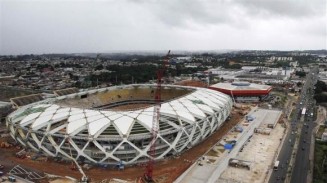Anyone who has owned a Ford, even older models, is familiar of the keypad which they put either on the door or the B-pillar of the car. This serves as a secondary means of locking and unlocking your car, SUV or van without using the key. While keyless entry has become the more popular method of doing the same, Ford has still kept their keypad feature even on modern cars.
Recently, they even filed a patent to bring the B-pillar keypad onto their electric car line. According to the filed patent which can be seen here, the key pad would serve a dual purpose. One would be, as it has always been, to allow drivers to enter a numeric code that locks and unlocks the car without the actual key. The other is to serve as a battery indicator, much like the ones people see on their digital devices.
Both uses would be very useful, as per the report of CNet, despite obvious risks that come with it. Being able to lock and unlock your car without having to bring the key is useful for when you have to do activities such as running or other sports. Though, you also run the risk of people trying to guess your car's code by randomly pressing on the buttons. This has not, however, been an issue with Ford cars as they have had the keypad feature for over a decade.
So the benefits may significantly outweigh the risks when it comes to B-pillar keypads. Given that they have included such a feature even in older cars, providing one for their electric car line can also help Ford solidify their identity in the competitive industry. Though, there may not be much of a consequence if Ford does not decide to push through with this plan.
© 2023 Lawyer Herald All rights reserved. Do not reproduce without permission.
Get the Most Popular Lawyerherald Stories in a Weekly Newsletter





